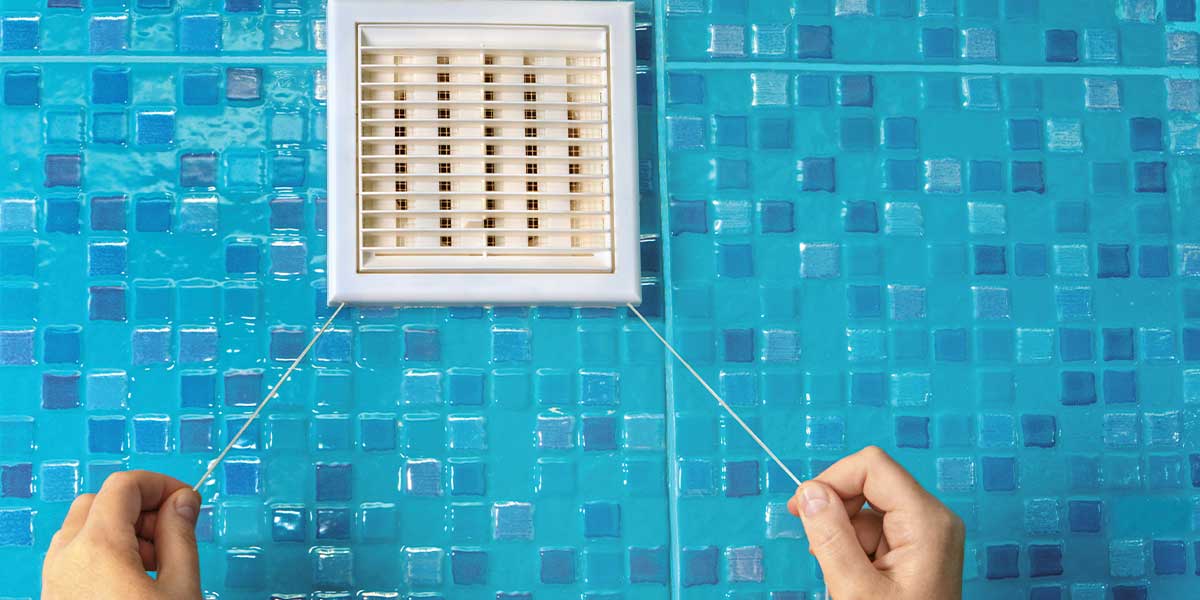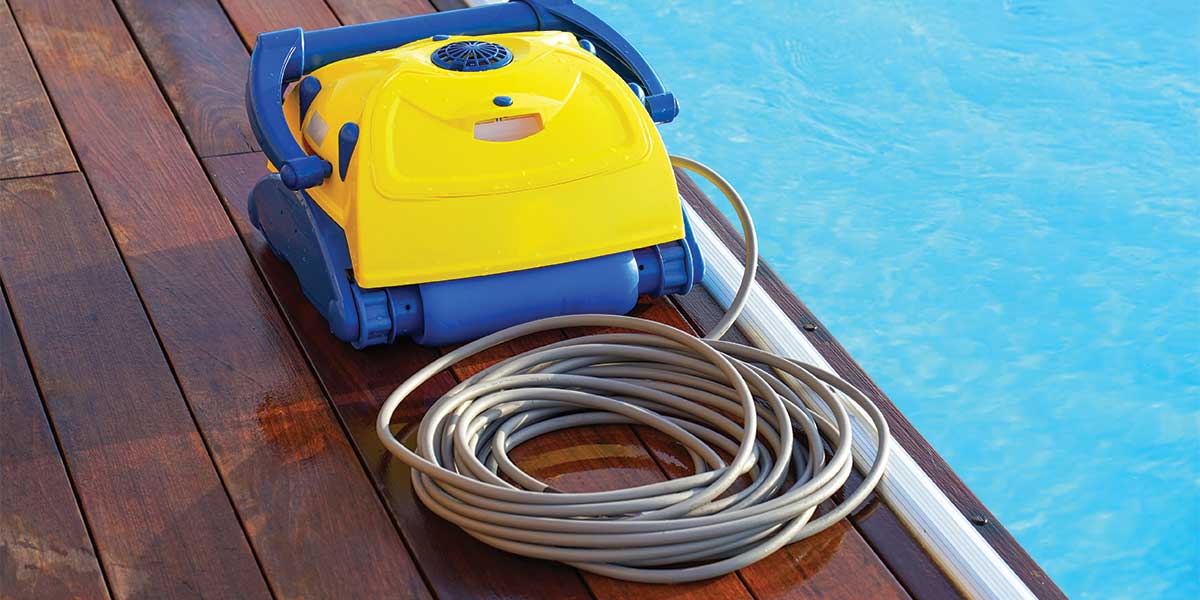As temperatures rise and the sun graces us with its warmth, the upcoming summer promises delightful weather. With longer days and balmy evenings, there’s a palpable sense of anticipation for outdoor activities, gatherings with loved ones, and the simple joys of basking in the sun.
With the extended daylight, opportunities for leisurely strolls, picnics in the park, and refreshing dips in the pool become more appealing. Whether it’s a spontaneous beach trip, a backyard barbecue with friends, or a tranquil evening watching the sunset, the summer months offer countless ways to unwind and embrace the season’s vibrant energy.
From vibrant festivals and bustling outdoor markets to peaceful moments spent lounging in a hammock, the carefree spirit of summer is enchanting. But with all these joys comes responsibility—especially when it comes to electrical pool safety. Your swimming pool should be a haven of relaxation, not an unexpected source of danger. Let’s dive into everything you need to know about electrical pool safety this summer.
Why Electrical Pool Safety Matters
Pools, by their nature, mix two things that should never meet: water and electricity. Whether it’s your pool lights, heating system, or retractable covers, electrical components are essential for functionality but can be hazardous if not maintained properly. For a detailed overview of how to keep your pool area safe from electrical hazards, visit the Consumer Product Safety Commission’s Electrical Safety Guide for Pools.
Common Electrical Hazards Around Pools
- Exposed wiring due to weather or age
- Faulty pool lights with cracked casings
- Damaged heating systems
- Malfunctioning retractable pool covers
- Improper bonding and grounding of pool equipment
These issues can cause electrical shocks, which can be fatal in or near water. Therefore, electrical pool safety should never be overlooked. For a downloadable tip sheet highlighting electrical safety around swimming pools, hot tubs, and spas, check out the NFPA’s official resource here.

Heating Systems and Electrical Pool Safety
To regulate your pool’s temperature, you likely have a heating or cooling system connected to your home’s electrical system, or a solar-powered heater with wiring above or below ground. Over the seasons, your pool’s wires might have suffered damage from harsh weather, animal activity, or natural wear and tear, potentially resulting in exposed wires.
Any contact between water and exposed electrical wires could cause serious electrical shock to swimmers.
Electrical Pool Safety Tip:
Before filling up your pool and turning on the heating system, schedule a professional inspection to ensure there is no risk of electrical contact.
Retractable Covers: Check Those Wires
For in-ground pools with automatic retractable covers, convenience comes with risk. Electrical components for these covers sit very close to water. If wiring is cracked, corroded, or exposed, water contact could cause:
- Electric shocks
- System short-outs
- Complete cover failure
Electrical Pool Safety Tip:
Have your retractable cover inspected annually by a licensed electrician to prevent any risk of shock or malfunction.
Pool Lighting: Beauty with Caution
Underwater pool lights create ambiance but can be dangerous if:
- Their seals are cracked
- Wires are exposed
- Fixtures are outdated or corroded
Damaged lights can leak electricity into the water, creating hazardous conditions for swimmers.
Electrical Pool Safety Tip:
Replace old pool lights with ground fault circuit interrupter (GFCI) protected fixtures and ensure they’re installed and inspected by a licensed electrician.
Electrical Wire Contact: Above and Below
When installing or maintaining a pool, always note nearby electrical wires, including:
- Outside meters attached to your home
- Electrical outlets around your patio or deck
- Overhead power lines running near your yard
Why It Matters:
Splashing water can conduct electricity from wires or outlets, posing a danger to swimmers and bystanders.
Electrical Pool Safety Tip:
Ensure your pool is at a safe distance from all electrical wires and outlets. Consult a licensed electrician to determine proper clearances.
Bonding and Grounding: The Unsung Heroes
Bonding connects all metal parts around your pool (ladders, handrails, fixtures) together with a copper wire, while grounding directs electricity safely into the ground.
Why It’s Crucial:
Without proper bonding and grounding, stray electrical currents can build up in pool water or surrounding metal parts, increasing shock risks.
Electrical Pool Safety Tip:
Have your bonding and grounding systems checked annually by an electrician to ensure everything is connected and safe.
Signs Your Pool Needs Immediate Electrical Attention
Call Expert Electric immediately if you notice:
- Flickering pool lights
- Tingling sensations in water
- Frequent breaker trips when pool equipment runs
- Corroded, cracked, or exposed wires
Remember:
When it comes to electrical pool safety, prevention is key. Don’t wait for an accident before addressing electrical hazards in your pool area.
Professional Inspections: Peace of Mind
Electrical inspections by licensed electricians ensure:
- All pool systems comply with current safety codes
- GFCIs are installed and functioning properly
- Bonding and grounding systems are intact
- Wiring is weatherproof, corrosion-resistant, and insulated
- Lighting fixtures are sealed and safe for underwater use
At Expert Electric, we conduct comprehensive pool electrical inspections to protect your family and guests this summer.

FAQs: Electrical Pool Safety
Q1: How often should I have my pool’s electrical system inspected?
A: Annually before summer or anytime you notice wiring issues, flickering lights, or heating problems. Regular inspections keep your pool safe and compliant.
Q2: Can I install pool lighting myself?
A: No. Always hire a licensed electrician to ensure proper GFCI protection and safe underwater sealing.
Q3: What is a GFCI and why do I need it for my pool?
A: A Ground Fault Circuit Interrupter (GFCI) cuts power instantly when a fault is detected, preventing electrical shocks. It’s required for all outdoor and pool electrical components.
Q4: Are solar-powered pool heaters safer?
A: They reduce reliance on electrical heating but still involve wiring. Professional installation and inspection remain crucial.
Q5: What should I do if I suspect electrical leakage in my pool?
A: Exit the water immediately, keep others out, and call Expert Electric for an emergency inspection.
Final Thought
Summer should be filled with laughter, relaxation, and cherished memories, not worry about electrical hazards. By prioritizing electrical pool safety, you protect loved ones and maintain your pool as a sanctuary of joy.
If you’re unsure about your pool’s electrical safety or want to prepare for the season, contact Expert Electric today. Our licensed professionals ensure your summer remains safe, shock-free, and filled with smiles.
Contact Expert Electric
Expert Electric
📞 Call Us: 604-681-8338
📧 Email Us: info@expertelectric.ca
We’re here to keep your pool, home, and family safe with professional electrical services you can trust.


